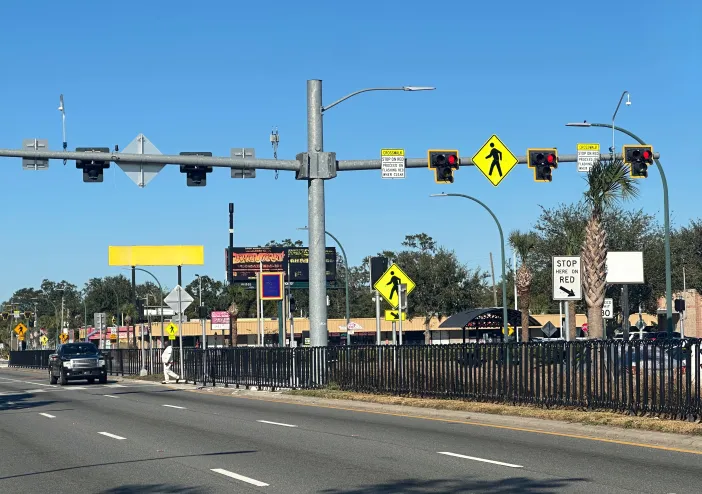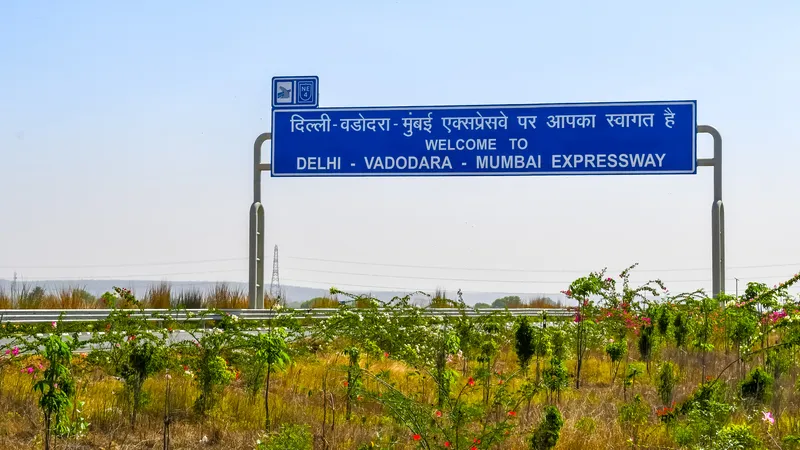Starting with Korea, the partners will collaborate on smart streetlighting, combining Telensa’s Planet Streetlight control application with Samsung’s Brightics Internet of Things (IoT) platform to help cities save energy and access a range of sensor applications.
Telensa will utilise Samsung’s resources in areas such as 5G and blockchain, which require streetlight access for widescale deployment.
Sean Im, senior vice president of the solution business division at Samsung SDS, says: “Brightics IoT will provide effective data collection and analytics, which will lead to improved quality of life for citizens.”
Additionally, both companies will work together on the Urban Data Project – a cloud platform that is expected to create a ‘trust infrastructure’ for urban data, allowing cities to collect, protect and use their data.
Telensa explains that urban data is the mosaic of street by street information that makes up a virtual replica of a city known as a digital twin. It includes mapping how people use the city, the mix of traffic on the roads as well as local air quality.
This collaboration will involve integrating Brightics IoT platform with Telensa’s City Data Guardian trust platform.
According to Telensa, City Data Guardian allows cities to apply transparent privacy policies, comply with data regulations and make data available to improve services. Multi-sensor pods installed on street poles employ artificial intelligence and machine learning to extract real-time insights from the raw data.
“Samsung SDS plans to further explore new possibilities to adopt the latest information technologies including AI and blockchain,” Im adds.
Telensa and Samsung SDS partner on smart city infrastructure
Telensa has joined forces with Samsung SDS to work on smart city projects in Asia Pacific and the US.
Starting with Korea, the partners will collaborate on smart streetlighting, combining Telensa’s Planet Streetlight control application with Samsung’s Brightics Internet of Things (IoT) platform to help cities save energy and access a range of sensor applications.
Telensa will utilise Samsung’s resources in areas such as 5G and blockchain, which require streetlight access for widescale deployment.
May 8, 2019
Read time: 2 mins








